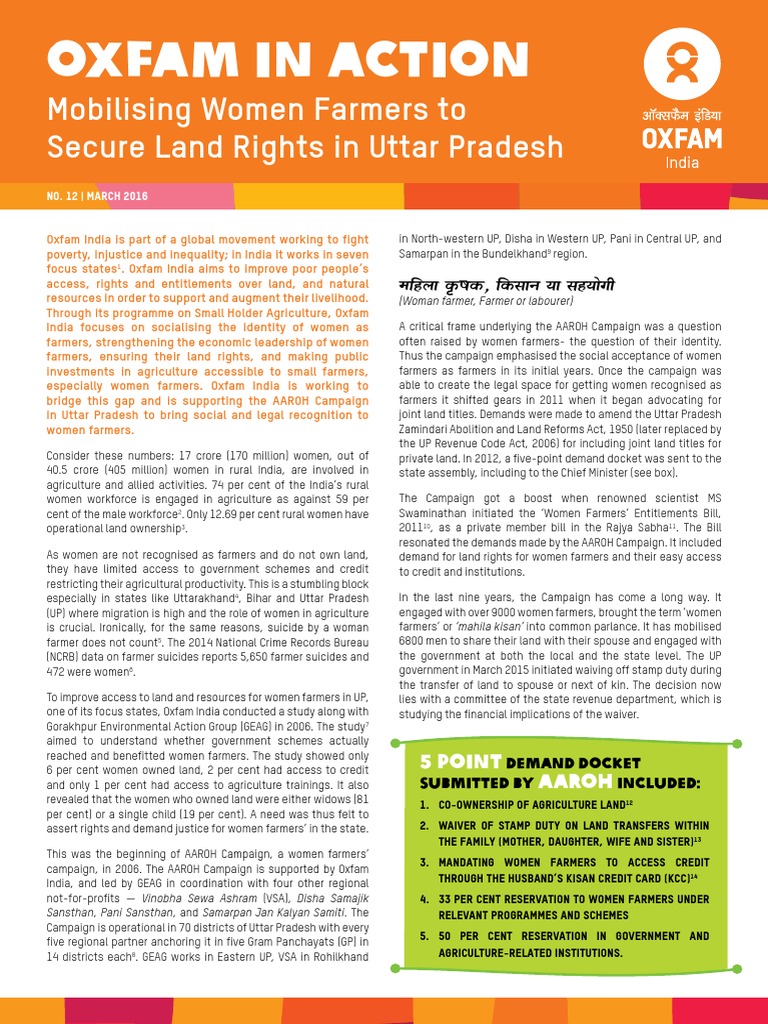SEXTORTION: UNDERMINING GENDER EQUALITY
In Tanzania, several women employees at a court began to fall ill one after the other. What would normally be overlooked as an innocuous seasonal virus proved to be fatal – the women had been infected with HIV. It was eventually discovered that the court clerk who supervised the women had forced them to sleep with him if they wanted to receive their pay for working overtime. He was HIV positive.












